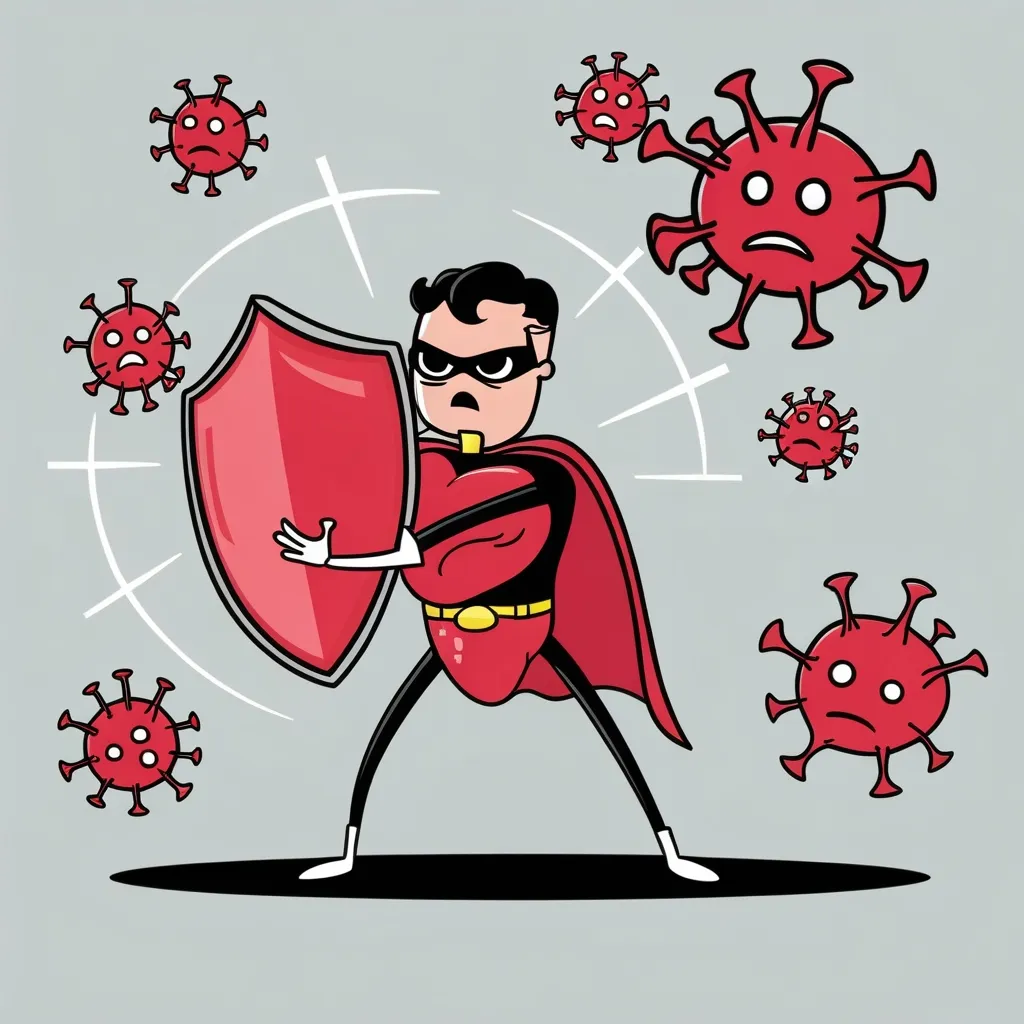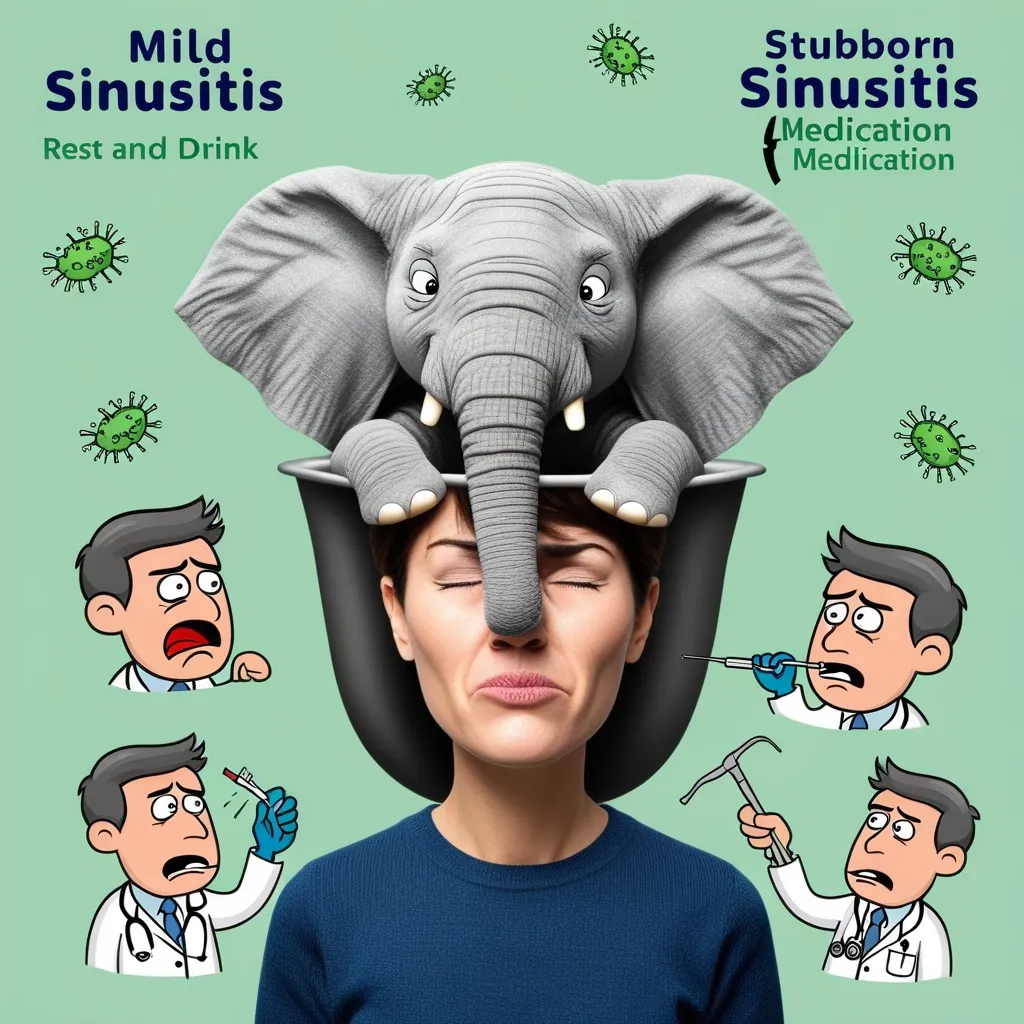The flu, often just called influenza, is a real bummer of a bug that spreads like wildfire. It can make you feel pretty awful, so it’s good to get a handle on how long you’ll be dealing with it, what you can do to ease the misery, and how to steer clear of any nasty complications.
The flu comes from three types of viruses: A, B or C. They get around mostly through the droplets people send into the air when they cough or sneeze, and also through everyday close contacts like kissing or sharing utensils. The symptoms usually hit you out of the blue – fever, chills, muscle aches, headache, a dry cough, sore throat, vomiting, and congestion. It’s not fun.
Usually, the flu is a short trip for most healthy folks. Signs of it show up one to four days after getting exposed, and they typically stick around for five to seven days. Had your flu shot? Chances are your symptoms won’t be as bad or last as long. But, sometimes that annoying cough or feeling super tired can hang around for weeks.
Flu symptoms usually hit their peak around days two to four, and by day five, most people start turning the corner. Normally, by day seven, you’ll feel much better, although some might still be under the weather. If things get worse after a week, it’s time to see a doc.
There’s no magic bullet for the flu, but you can do a few things to feel better faster. Resting up and drinking lots of fluids should be top of your list. Over-the-counter meds like Tylenol or Advil can help keep that fever down and make those aches a bit more bearable. If you’re in a high-risk group, antiviral drugs like Tamiflu can cut down the flu’s timeline and help dodge nasty complications.
People who are higher risk for flu troubles include little kids, those 65 and older, folks with chronic conditions like asthma or diabetes, pregnant women, and anyone with a high body mass index (BMI over 40). These groups have weaker immune systems, making them more prone to serious issues like pneumonia.
Preventing the flu is way better than dealing with it. Your best bet is getting that annual flu shot. Also, make hand washing a habit, keep your distance from people who seem sick, and consider quitting smoking if you light up—smokers catch the flu more easily.
Though most people bounce back from the flu in a week, it’s smart to stay home at least 24 hours after your fever’s gone to stop spreading it. If your symptoms aren’t letting up or are getting worse, seeing a doctor is a must. Bad flu complications can land you in the hospital or worse, so don’t wait if you think something’s wrong.
In a nutshell, the flu is a drag that messes with your daily routine and comfort. Recognizing its timeline and knowing how to handle it can make a big difference. By staying savvy and taking preventive measures, you’ll be better equipped to handle flu season and keep you and your family in tip-top shape.






